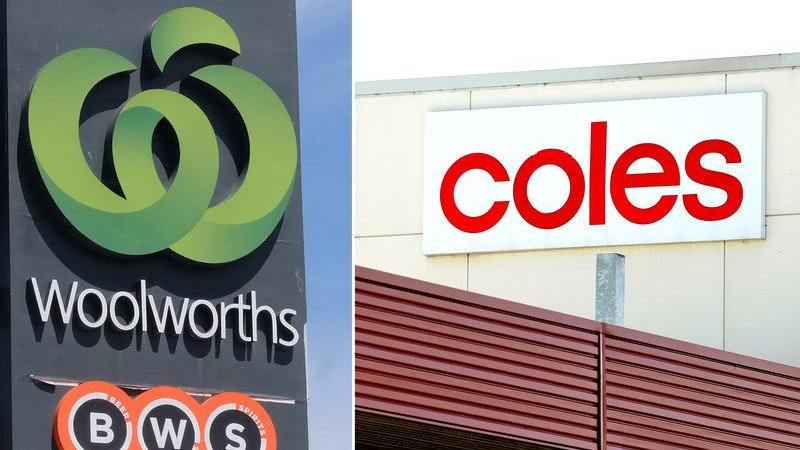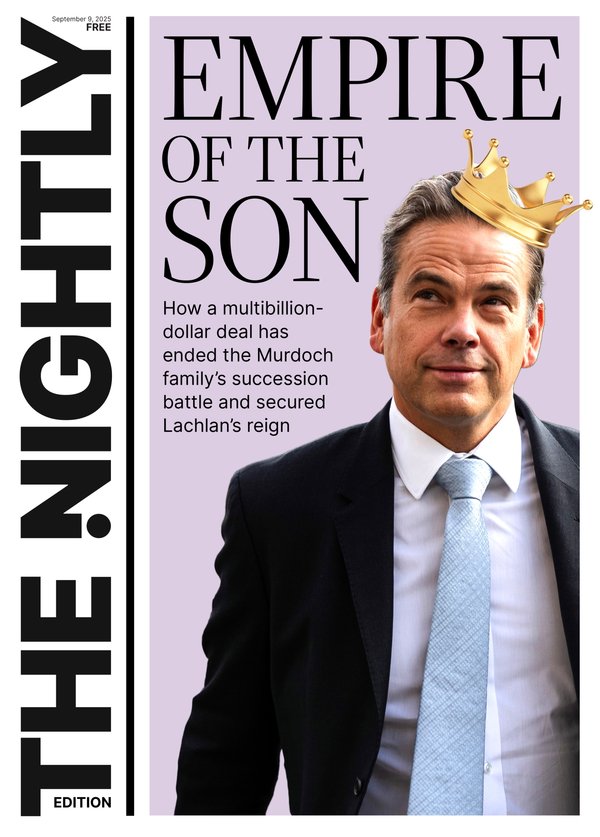AARON PATRICK: Woolworths and Coles’ billion-dollar ‘wage scandal of the century’ is not what it seems

The bill for what has been called “the biggest wage scandal in corporate history” could be $1 billion. But the cost of a court ruling that Coles and Woolworths underpaid 27,700 employees is likely to be borne by regular Australians.
On Friday the Federal Court decided shop-floor managers have to be treated like sales assistants when calculating their pay. The decision is likely to make an overly complicated legal system even more bureaucratic, driving up the cost of food and groceries.
The story behind the story is more complicated than it seems.
Sign up to The Nightly's newsletters.
Get the first look at the digital newspaper, curated daily stories and breaking headlines delivered to your inbox.
By continuing you agree to our Terms and Privacy Policy.The two retailers are being sued by the workplace regulator and private lawyers for underpaying staff. While the case covers 27,700 employees, they are too numerous to assess individually. So the court is using 32 case studies to judge the companies’ behaviour and decide how much compensation is due.
Each of the 32 employees received an annual salary, which was meant to cover all the overtime, public holidays and hundreds of other financial benefits enshrined in their industrial award. They were the low-level managers essential to the operation of supermarkets, from the supervisor of a dairy section to a person overseeing cash registers.
Perplexed
In 2019, Woolworths realised many of these managers had been inadvertently underpaid over six years. Instead of engaging in a cover up, the company owned up and paid $330 million compensation.
In return for its honesty, Woolworths was sued. Coles was sucked in too. The judge in charge of the case, Nye Perram, admitted in his interim ruling last week that he is perplexed by the case.
At times, the experiences of the 32 employees (only nine gave evidence) seemed irrelevant to the arguments put by both sides, Justice Perram wrote. Their arguments were made at “a high level of generality,” which is lawyer-speak for vague. “Facts were an afterthought or, more often, forgotten,” the judge wrote.
That may have been due to a clash between the retailing award and common sense. The companies did not track their managers’ hours because they assumed it was not necessary. After all, the managers’ salaries were meant to cover their entitlements, which comprise 994 potential pay rates across almost 100 pages in the award, according to the retailers’ lobby group.
One of the questions that had to be decided is whether Coles or Woolworths should record when a manager voluntarily works overtime without asking permission. As any person who has ever held a position of responsibility in any organisation knows, sometimes you have to work extra hours to get the job done.
In retailing, though, this became a critical point because work after 6pm on a weekday is paid 25 per cent more.
Coles thought it had solved the problem of the contradiction between what the rules specified and how managers operated by issuing workplace contracts that specified “any relevant industrial instrument are not terms of your contract of employment”.
Assuming its managers were not entitled to overtime, Coles did not track when they finished work, which the court has now ruled was a mistake.
Slow justice
There is a reason the case has been running for six years. The points of dispute are voluminous and often trivial. One covered $18.87 meal allowances, which are required when a sales assistant has to work an hour of overtime and the company doesn’t provide food.
The payment kicks in if they have not been give a day’s notice of the 60-minutes extra work, presumably to give them time to make a sandwich at home. Justice Perram ruled Coles needs to track managers’ overtime to ensure they get their food allowances.
In the ruling, Coles had a victory on laundry charges. The rules give employees who wear uniforms at work a $6.25 weekly laundry payment. Justice Perram accepted Coles’ argument that it is not an overtime allowance.
The interim judgment took the judge two years to write. Still, Justice Perram wasn’t able to resolve all disputes and wants the sides to return to court next month to work out what to do next.
Investors unfazed
Lawyers and industrial relations experts worked over the weekend to understand the implications of the interim judgement, which is almost 200 pages long.
On Monday, Woolworths estimated it will be required to pay its managers between $250 million and $470 million. Interest, taxes and other charges could add $200 million to $280 million to the figure, it said. Coles estimated it will have to pay between $150 million and $250 million in addition to the $31 million it has already paid.
Shareholders don’t seem worried. Shares in both companies have risen since Friday, which suggests investors expect the companies to pass on the huge bills to customers.
The case demonstrates how the law has turned retailers into bureaucracies required to monitor the comings and goings of responsible adults. As the biggest private-sector employer, retailing should be at the forefront of industrial relations innovation.
Instead, it drags the economy down with unnecessary and expensive regulation.

